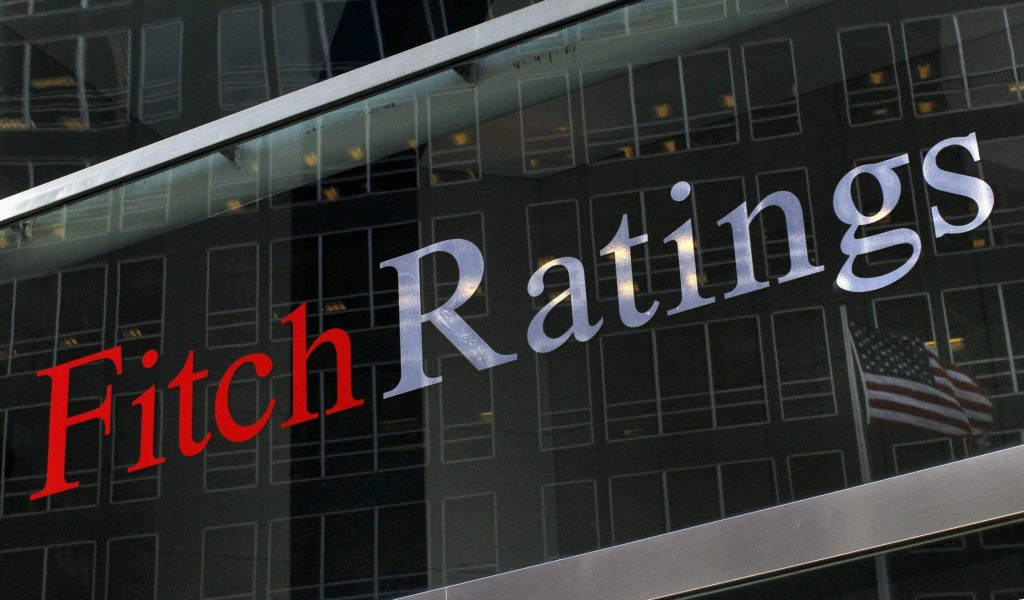Government is prone to excessive spending, particularly public sector pay which may result in greater fiscal pressures in the medium term, the 2021 4th Quarter Country Risk Report by Fitch Solutions, research arm of ratings agency, Fitch, has revealed.
In its Strengths, Weaknesses, Opportunities and Threats analysis, it said climate change will pose medium- and longer-term risks to the crucial cocoa industry.
Again, Fitch Solutions said Ghana has considerable macroeconomic imbalances that bring down its Short-Term Economic Risk score to 47.3 percent.
“The government is likely to continue to record wide budget deficits, particularly in the short term, despite planned reforms to broaden the tax base, while rising external debt payments will continue to weigh on Ghana’s external accounts and ensure the current account remains in deficit in the coming years. In the short term, however, the ongoing coronavirus pandemic will remain the overriding risk to the economic outlook”, the report outlined
Although the country’s commodity exports have been largely steady, the economy’s overall reliance on commodity exports, the research institution, said leaves Ghana vulnerable to swings in international commodity prices.
On weaknesses, it pointed out that high public debt levels will continue to weigh on Ghana’s fiscal outlook over the coming years.
Also, the large – though declining – informal sector eludes the government coffers.
With regard to strengths, it said the country features better operating conditions and greater stability than peer economies such as Nigeria or Cameroon.
On opportunities, Fitch Solutions stressed that a swifter progress on the implementation of a continent-wide free trade area could see Ghana emerge as a key trade hub for the West African sub-region. Additionally, the manufacturing and technology sectors are set to expand, as indicated by recent high-profile investments by foreign firms, whilst the country’s tourism potential could be tapped more aggressively once the Covid-19 pandemic recedes.
Strengths
• Ghana’s natural resource riches are a boon in times of elevated commodity prices and there is scope to ramp up output further.
• The country features better operating conditions and greater stability than peer economies such as Nigeria or Cameroon, and businesses benefit from the relatively pragmatic government policy programmes implemented in recent years.
Weaknesses
• The large – though declining – informal sector eludes the government coffers’ and official statistics.
• Ghana’s reliance on commodity exports (predominantly cocoa, oil and gold) exposes the country to fluctuations in global commodity prices.
• High public debt levels will continue to weigh on Ghana’s fiscal outlook over the coming years.
Opportunities
• Swifter progress on the implementation of a continent-wide free trade area could see Ghana emerge as a key trade hub for the West African sub-region.
• The manufacturing and technology sectors are set to expand, as indicated by recent high-profile investments by foreign firms.
• The country’s tourism potential could be tapped more aggressively once the Covid-19 pandemic recedes.
• Deepening the domestic capital markets – through the issuance of longer-dated government bonds, for example – would facilitate private-sector access to credit.
Threats
• The government is prone to excessive spending, particularly on areas such as public sector pay, which may result in greater fiscal pressures in the medium term.
• Further delays to the country’s Covid-19 vaccine rollout would expose Ghana to further waves of infections, and potentially derail the economic recovery in 2021-2022.
• Climate change will pose medium- and longer-term risks to the crucial cocoa industry







